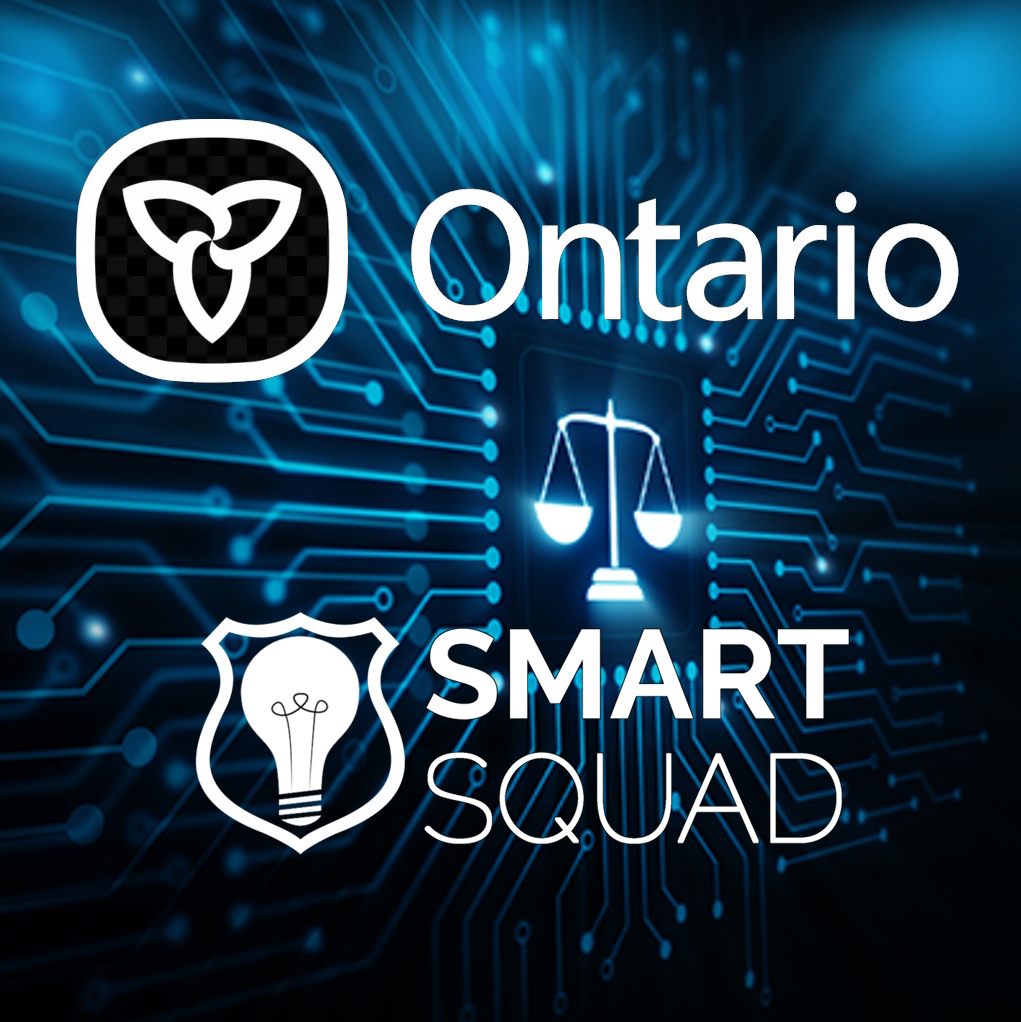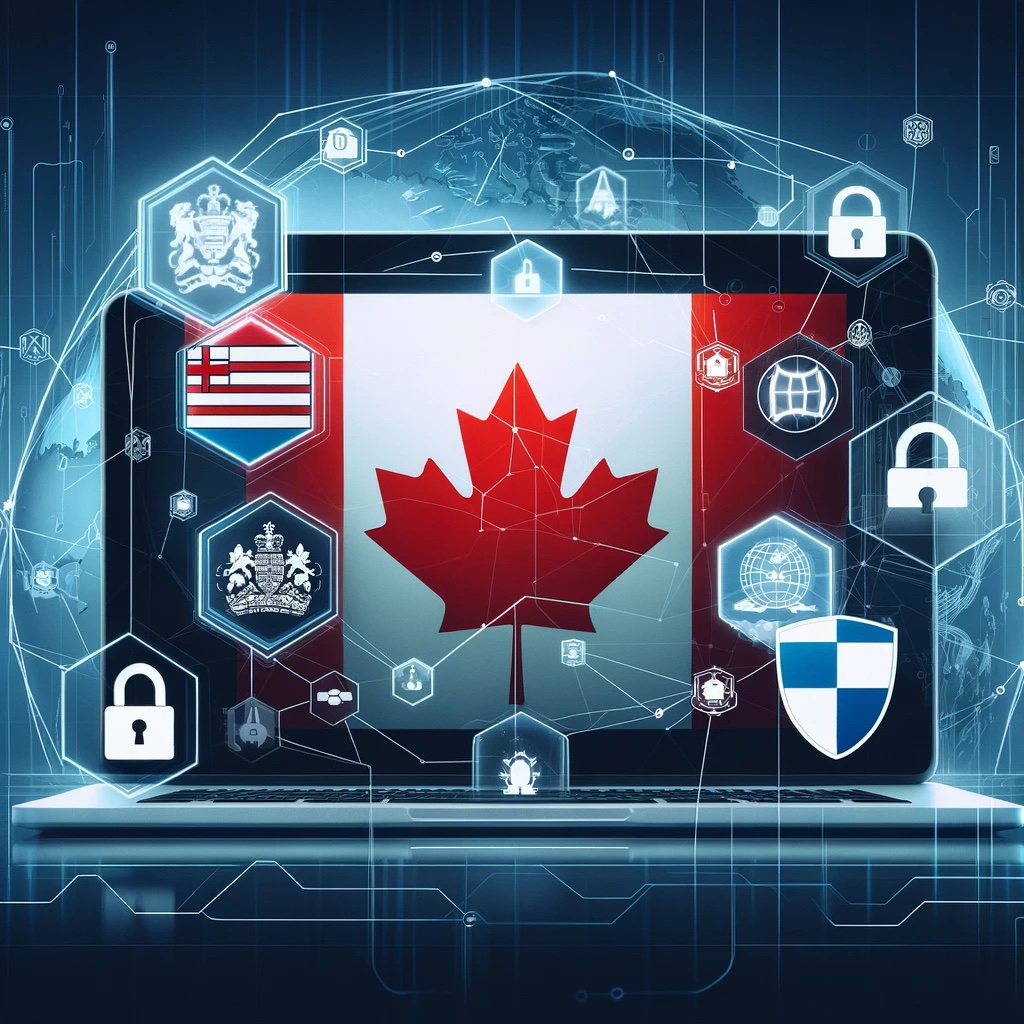Smart Squad wants to welcome our newly formed Board of Advisors. After much searching and vetting, we have found 4 advisors that are going to add so much value to our product and our customers! Please take a moment to read their Bio and get to know them below.
Bonnie Locke
 Bonnie Locke began her career in the Wisconsin State Legislature and later worked for a Division of Lockheed Martin, which provided IT systems and services to local and state governments. After opening Lockheed’s Phoenix office, she returned to Wisconsin to finish raising her family. She became the Director for Wisconsin’s first Statewide Justice Information Sharing program. Bonnie was responsible for coordinating and promoting the integration and sharing of information between and among local, state, and federal justice organizations. That work reinforced her passion and commitment to continue to serve the public sector and the criminal justice community. She was then fortunate enough to start working at Nlets – the International Justice and Public Safety Information Sharing Network where she worked for the last 18 years. Through Nlets, she gained unparalleled experience in the justice and public safety information sharing space. At Nlets, she was responsible for marketing, new business, grants, training, administration, budgets and more. She was most recently the Chair of the International Association of Chiefs of Police (IACP) Criminal Justice Information Systems Committee. She is currently the Chair of the IACP Law Enforcement Informational Technology Section. In addition to IACP, Bonnie serves on numerous other national and international committees and is actively involved with many national and international organizations. Bonnie now consults for agencies and industry. Her strengths are forging strategic partnerships and building trust relationships. She has an extensive national network and is always eager to help others network and make valuable connections. Her speaking engagements have taken her all over the country, but Bonnie is proud to call Wisconsin home. She and her husband are empty nesters, but their two rescue dogs keep them company.
Bonnie Locke began her career in the Wisconsin State Legislature and later worked for a Division of Lockheed Martin, which provided IT systems and services to local and state governments. After opening Lockheed’s Phoenix office, she returned to Wisconsin to finish raising her family. She became the Director for Wisconsin’s first Statewide Justice Information Sharing program. Bonnie was responsible for coordinating and promoting the integration and sharing of information between and among local, state, and federal justice organizations. That work reinforced her passion and commitment to continue to serve the public sector and the criminal justice community. She was then fortunate enough to start working at Nlets – the International Justice and Public Safety Information Sharing Network where she worked for the last 18 years. Through Nlets, she gained unparalleled experience in the justice and public safety information sharing space. At Nlets, she was responsible for marketing, new business, grants, training, administration, budgets and more. She was most recently the Chair of the International Association of Chiefs of Police (IACP) Criminal Justice Information Systems Committee. She is currently the Chair of the IACP Law Enforcement Informational Technology Section. In addition to IACP, Bonnie serves on numerous other national and international committees and is actively involved with many national and international organizations. Bonnie now consults for agencies and industry. Her strengths are forging strategic partnerships and building trust relationships. She has an extensive national network and is always eager to help others network and make valuable connections. Her speaking engagements have taken her all over the country, but Bonnie is proud to call Wisconsin home. She and her husband are empty nesters, but their two rescue dogs keep them company.
Cal Corley, MBA

Cal Corley is the CEO of the Community Safety Knowledge Alliance (CKSA), a Canadian non-profit that supports police, public health and social sector leaders develop, implement and assess new approaches to improving community safety and well-being.
Cal is a former Assistant Commissioner of the RCMP. From 2008 – 2014, he was head of the Canadian Police College and served as the RCMP Senior Envoy to Mexico and the Americas. Over the course of his career, he gained extensive experience in both operations and executive management, serving in such areas as national security, criminal intelligence, drug enforcement, human resources, and leading strategic reform initiatives. He also served on secondments at the Privy Council Office’s Security and Intelligence Secretariat and at Public Safety Canada.
He splits his year between Long Point (Port Rowan) Ontario and the National Capital Region.
Hon. Vernon White

Vernon White, BA, MA, DiPL, has worked for more than ten years as a Canadian Senator, and prior served almost 32 years in policing leaving the RCMP as an Assistant Commissioner before serving Durham Regional Police and Ottawa Police as the Chief of those agencies.
Education:
- Diploma in Business Administration (PL), College of Cape Breton, Sydney, Nova Scotia
- Graduate Royal Canadian Mounted Police Training Academy, Regina, Saskatchewan
- Extensive education with the Royal Canadian Mounted Police
- National Executive Institute (graduate) Federal Bureau of Investigation, Quantico, Virginia
- Bachelor of Arts, (Sociology, Psychology) Acadia University, Wolfville, Nova Scotia
- Masters, (Conflict Analysis and Management) Royal Roads University, Victoria, British Columbia
- Doctorate, Australian Graduate School of Policing, Charles Sturt University, Manly, Australia
Experience:
Sat as a Senator in the Senate of Canada 10 years
Worked with the Royal Canadian Mounted Police, moving through the ranks, Constable to Assistant Commissioner and has served in Newfoundland, Nova Scotia, and Ontario and as well spent almost 19 years in the three northern territories of Canada.
Worked for the Durham Regional Police Service and the Ottawa Police Service in the role of Chief of Police between 2005 and 2012.
Is currently or has held a position as an Adjunct, visiting/part-time professor and guest lecturer at universities across Canada and elsewhere in many other countries.
Was an International Fellow with the Australian Strategic Policy Institute 7 years.
Has an extensive background at the investigational/supervisory and Aboriginal/First Nation and Community Policing level over a 31 + year policing career. Has extensive experience in all avenues of policing; administrative, managerial and investigational.
Significant Achievements:
- Received a Commissioners Commendation for work on the GIANT Mine investigation
- Received a Commanding Officer’s Commendation for excellence in professionalism and dedication to duty for his work as Sergeant in Charge of Community Policing for the Northwest Territories
Received a Queens Jubilee Medal for “making a significant contribution to Canada”; the Just One-Person Award in Ottawa; the Community Builder of the Year Award in Ottawa; the Queens Diamond Jubilee Medal; the Community Leadership award from Toastmaster’s in Ottawa and as well a Doctorate of Law and Bachelor of Law (honoris causa)
Harry Markley
 Harry Markley is retired from the Phoenix Police department where he served over 31 years retiring as an Assistant Chief running the Patrol Division. During his career he commanded several details to include Basic and Advanced Training, the Crime Lab, SWAT team, Patrol precincts and Detective Bureaus. He is considered an expert in Use of Force, Arrest Tactics and non-lethal force. Chief Markley served as Tactical Command during the 2001 World Series and has served in Command and planning roles in two different Superbowls.
Harry Markley is retired from the Phoenix Police department where he served over 31 years retiring as an Assistant Chief running the Patrol Division. During his career he commanded several details to include Basic and Advanced Training, the Crime Lab, SWAT team, Patrol precincts and Detective Bureaus. He is considered an expert in Use of Force, Arrest Tactics and non-lethal force. Chief Markley served as Tactical Command during the 2001 World Series and has served in Command and planning roles in two different Superbowls.
After leaving the Phoenix Police he served as the Law Enforcement Senior Advisor for the FirstNet Authority. His main responsibility was to represent the interest of law enforcement in the development and build out of the FirstNet program. He provided leadership to staff who were responsible for engaging stakeholders in developing and implementing a nationwide public safety broadband network; resolving problems that impact FirstNet’s programs; and coordinating with outside entities to ensure requirements are met for the development, operation, and maintenance of the network.







 Bonnie Locke began her career in the Wisconsin State Legislature and later worked for a Division of Lockheed Martin, which provided IT systems and services to local and state governments. After opening Lockheed’s Phoenix office, she returned to Wisconsin to finish raising her family. She became the Director for Wisconsin’s first Statewide Justice Information Sharing program. Bonnie was responsible for coordinating and promoting the integration and sharing of information between and among local, state, and federal justice organizations. That work reinforced her passion and commitment to continue to serve the public sector and the criminal justice community. She was then fortunate enough to start working at Nlets – the International Justice and Public Safety Information Sharing Network where she worked for the last 18 years. Through Nlets, she gained unparalleled experience in the justice and public safety information sharing space. At Nlets, she was responsible for marketing, new business, grants, training, administration, budgets and more. She was most recently the Chair of the International Association of Chiefs of Police (IACP) Criminal Justice Information Systems Committee. She is currently the Chair of the IACP Law Enforcement Informational Technology Section. In addition to IACP, Bonnie serves on numerous other national and international committees and is actively involved with many national and international organizations. Bonnie now consults for agencies and industry. Her strengths are forging strategic partnerships and building trust relationships. She has an extensive national network and is always eager to help others network and make valuable connections. Her speaking engagements have taken her all over the country, but Bonnie is proud to call Wisconsin home. She and her husband are empty nesters, but their two rescue dogs keep them company.
Bonnie Locke began her career in the Wisconsin State Legislature and later worked for a Division of Lockheed Martin, which provided IT systems and services to local and state governments. After opening Lockheed’s Phoenix office, she returned to Wisconsin to finish raising her family. She became the Director for Wisconsin’s first Statewide Justice Information Sharing program. Bonnie was responsible for coordinating and promoting the integration and sharing of information between and among local, state, and federal justice organizations. That work reinforced her passion and commitment to continue to serve the public sector and the criminal justice community. She was then fortunate enough to start working at Nlets – the International Justice and Public Safety Information Sharing Network where she worked for the last 18 years. Through Nlets, she gained unparalleled experience in the justice and public safety information sharing space. At Nlets, she was responsible for marketing, new business, grants, training, administration, budgets and more. She was most recently the Chair of the International Association of Chiefs of Police (IACP) Criminal Justice Information Systems Committee. She is currently the Chair of the IACP Law Enforcement Informational Technology Section. In addition to IACP, Bonnie serves on numerous other national and international committees and is actively involved with many national and international organizations. Bonnie now consults for agencies and industry. Her strengths are forging strategic partnerships and building trust relationships. She has an extensive national network and is always eager to help others network and make valuable connections. Her speaking engagements have taken her all over the country, but Bonnie is proud to call Wisconsin home. She and her husband are empty nesters, but their two rescue dogs keep them company.

 Harry Markley is retired from the Phoenix Police department where he served over 31 years retiring as an Assistant Chief running the Patrol Division. During his career he commanded several details to include Basic and Advanced Training, the Crime Lab, SWAT team, Patrol precincts and Detective Bureaus. He is considered an expert in Use of Force, Arrest Tactics and non-lethal force. Chief Markley served as Tactical Command during the 2001 World Series and has served in Command and planning roles in two different Superbowls.
Harry Markley is retired from the Phoenix Police department where he served over 31 years retiring as an Assistant Chief running the Patrol Division. During his career he commanded several details to include Basic and Advanced Training, the Crime Lab, SWAT team, Patrol precincts and Detective Bureaus. He is considered an expert in Use of Force, Arrest Tactics and non-lethal force. Chief Markley served as Tactical Command during the 2001 World Series and has served in Command and planning roles in two different Superbowls.


 Smart Squad equips officers with a suite of tools designed for offline use. From taking comprehensive notes, recording audio statements, capturing crucial photos, to facilitating e-ticketing and forms, this technology empowers officers to perform their duties efficiently regardless of the signal strength.
Smart Squad equips officers with a suite of tools designed for offline use. From taking comprehensive notes, recording audio statements, capturing crucial photos, to facilitating e-ticketing and forms, this technology empowers officers to perform their duties efficiently regardless of the signal strength.
